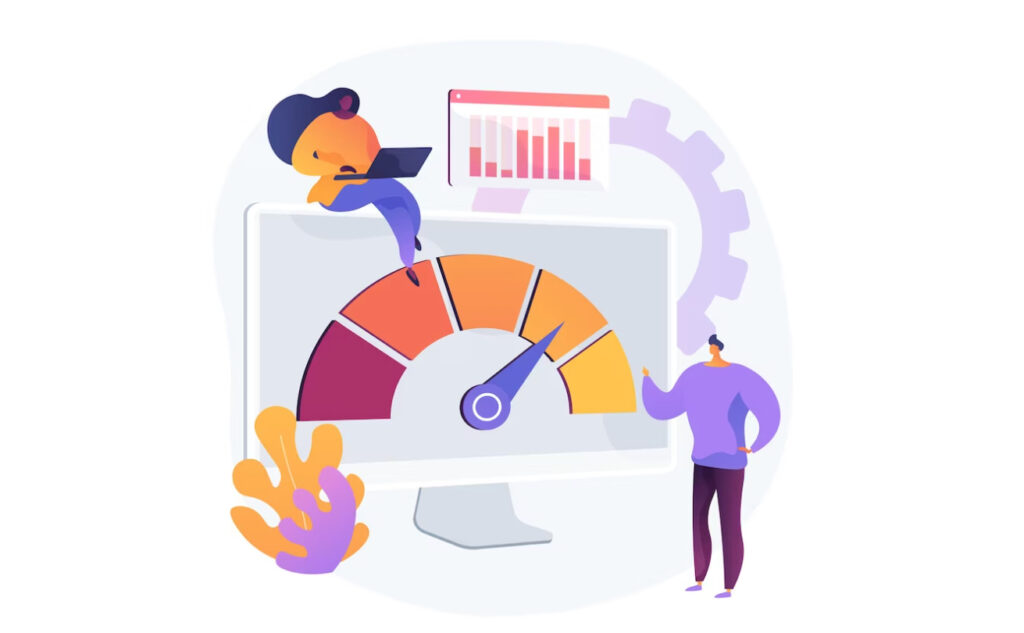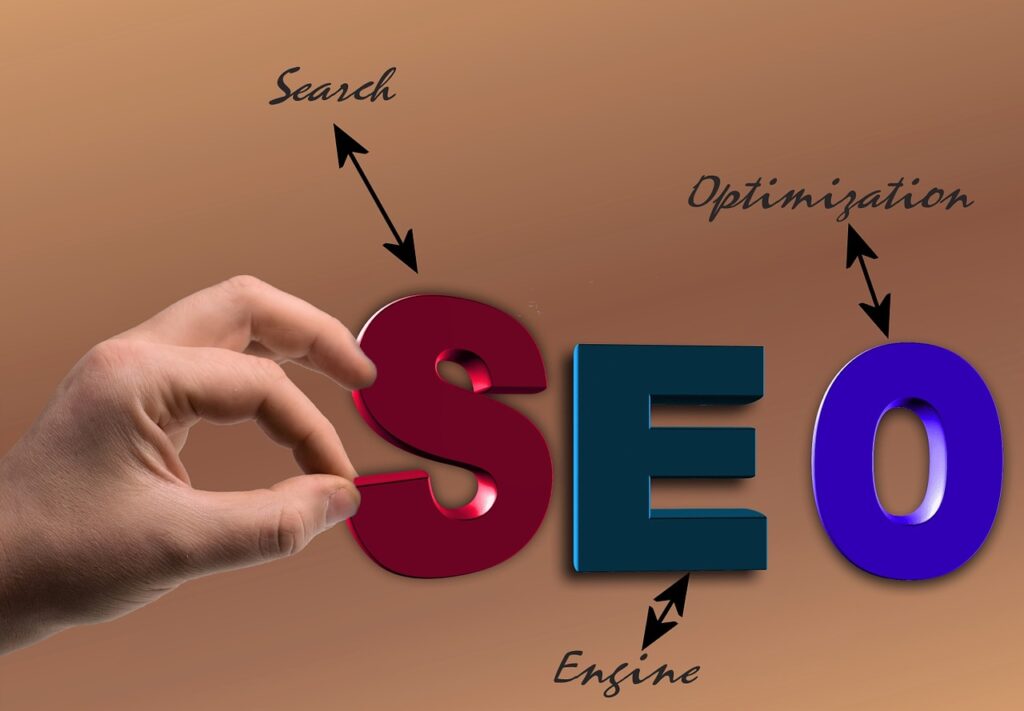In today’s digital landscape, website speed plays a crucial role in both search engine optimization (SEO) and user experience. A slow-loading website can lead to higher bounce rates, lower rankings, and reduced conversions. This blog post will explore website speed and SEO and provide practical steps to improve it.
Why Website Speed Matters for SEO
Website speed is a vital ranking factor for search engines like Google. Search engines prioritize websites that deliver a fast and seamless user experience. Faster-loading websites tend to have lower bounce rates, higher engagement, and increased chances of ranking higher in search engine results pages (SERPs).
How to Measure Website Speed:
To determine your website’s speed, you can use various tools like Google PageSpeed Insights, GTmetrix, or Pingdom. These tools analyze your website and provide insights into its performance, including page load time, optimization suggestions, and opportunities for improvement.
Factors Affecting Website Speed
Several factors impact website speed, including:
a) Hosting provider: Choose a reliable hosting provider that offers optimized server configurations and fast response times.
b) Website design and code: Optimize your website’s design and code by minimizing CSS and JavaScript files, compressing images, and leveraging browser caching.
c) Plugins and scripts: Evaluate and remove unnecessary plugins and scripts that can slow down your website’s loading time.
Techniques to Improve Website Speed
To enhance your website speed, consider implementing the following strategies:
a) Enable caching: Utilize browser caching to store static resources on visitors’ devices, reducing the need to fetch them repeatedly.
b) Optimize images: Compress images without compromising quality, use the appropriate file formats (e.g., JPEG, PNG), and consider lazy loading for images below the fold.
c) Minify code: Minify HTML, CSS, and JavaScript files to remove unnecessary characters, reducing file sizes and improving load times.
d) Use content delivery networks (CDNs): Distribute your website’s content across multiple servers worldwide, enabling faster delivery to visitors.
e) Reduce redirects: Minimize the number of redirects on your website, as each redirect adds an additional HTTP request and increases page load time.
Importance of Mobile Optimization for Website Speed
Mobile optimization is crucial for website speed and overall SEO. With the majority of internet users accessing websites through mobile devices, ensuring your site is mobile-friendly is essential. Responsive design, optimizing images for mobile, and utilizing AMP (Accelerated Mobile Pages) can significantly improve website speed on mobile devices.
Conclusion
In conclusion, website speed directly affects both SEO and user experience. By prioritizing website speed optimization techniques such as enabling caching, image optimization, code minification, and mobile optimization, you can enhance your website’s performance, rank higher in search results, and provide a better user experience. Invest time in improving your website’s speed, and you’ll reap the rewards of improved visibility and increased conversions.


